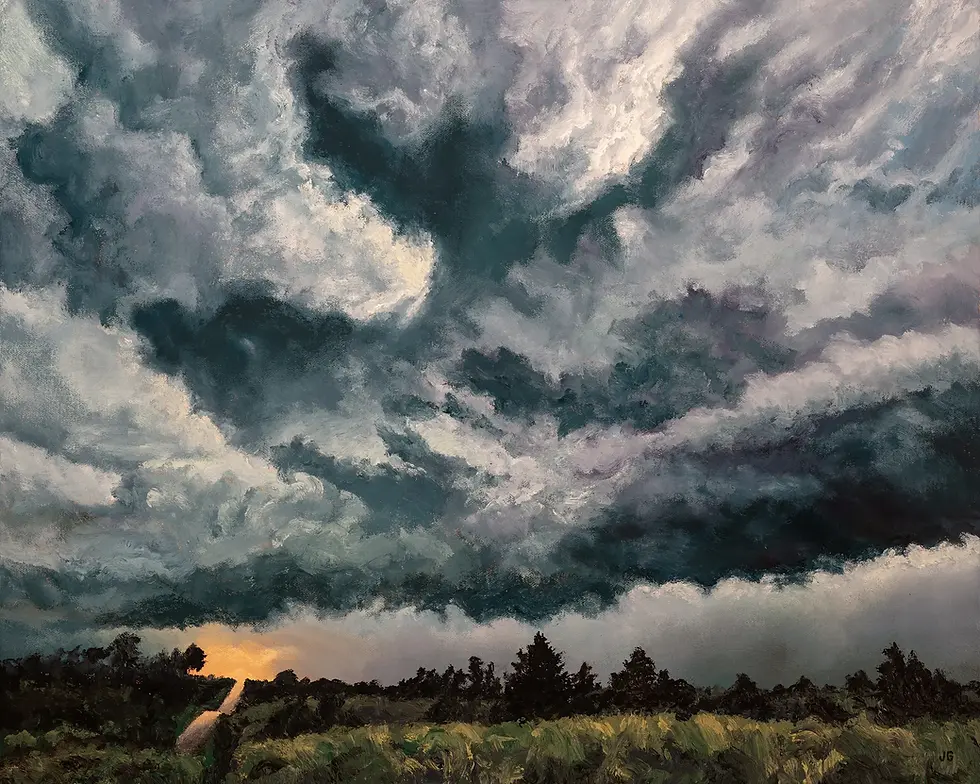Eclectic day
- Colin Fleming

- Jan 2, 2021
- 5 min read
Saturday 1/2/21
Revised a new story this AM called "The Nookery," which was written before the holiday. 2500 words long. As strong as anything. Not possible to classify with one term or grouping. Family drama. Magical realism. Gutting realism. A narrative about the unlikely ways in which we learn--and our unlikely teachers. Story about the imperishable nature of motherhood, even after the fact. There is no one writing fiction like this. The story is about a nursery school teacher, a student unlike her other students, her past, the student's present, a cave in the wall of the nursery school, and something the other students do for both the boy and the teacher. It may go in There Is No Doubt: Storied Humanness. Inclusion is not a quality thing. These works are major works and they are all of a piece in terms of quality. The determining factor comes down to what goes best together. I don't write collections. I write books.
Walked six miles today, the first three in the rain. Watched "The Time Element" from 1958, Rod Serling's first sci-fi story, and a sort of Twilight Zone prototype that aired on The Westinghouse Desilu Playhouse. Talky, clunky, but not completely ineffective. Would have worked better at half the length. An observation about The Twilight Zone itself, with the episodes running in the New Year's Marathon: As a general rule of thumb, episodes driven by ensembles are excellent. The moralizing, “deep,” single-star driven episodes are tedious. So: "Will the Real Martian Please Stand Up?" is excellent, and "The Obsolete Man" is a complete slog.
As I was working on the revision of "The Nookery," a crazy woman wrote me. Most people are mentally ill. Not being mentally ill is now the exception. She wrote me and told me she could love me. Ah. Not super creepy and insane at all. Then she says that there is one red flag. That I do not have children. Excellent. Even creepier and crazier. She went on to say that she had children of her own, and fostered a child, too. This was especially ironic in that there's this line in the story where this woman--who we know is now childless, in a sense, after having had a child--is told by a friend that she could foster. And we get this aside saying that verb sounded like the cruelest word in the world. And biographically speaking, I had a foster mother in real life. I am not interested in having children. There is too much I care about. I think a lot of people have kids because they have nothing else in their lives and what else are they going to do? Purpose is a very tricky thing for people to locate. But even if one wanted to have children more than anything, there are so many reasons why that person might not. Death. They haven't met the right person yet, which is hard if you're not crazy and you're intelligent, and you have an expectation that the person you are with also not be crazy and be intelligent. One could have a genetic predisposition that should not be passed along. So many reasons. I can't conceive of what would happen if I wrote any of this to a woman. It'd be screenshotted, there would be talk of patriarchy, mansplaining, etc. So many bloody unstable people out there right now.
I listened to the first Yours Truly, Johnny Dollar episode with Bob Bailey, from October 1955, called "The McCormack Matter," a five-parter. He was excellent from that initial program. I'm going to listen to all of them. That show was my big artistic discovery in 2020. I knew of it, I had heard some episodes, but I didn't know what was there, didn't know there was legit art to be had. For writers, I'd suggest paying attention to how what has already happened is incorporated into the new installments, but so that you barely notice it. There's no exposition, but rather this very skilled signposting. An effort is made at clarity, but without redundancy. Hardly any writers have this ability. They usually don't give a fuck about audience, when it is audience that matters more than anything. Everything is for the audience. You always have to think of the audience first.
Listened to the Vaccines' 2015 EP Live from Brighton. I have discovered a writer who seems to have only two published stories--in 1911 and 1920--and was known only as D.N.J. He may have been a friend of M.R. James and present at James' Christmas ghost story readings. We don't know. Appears to be more likely than not. But the actual identity of this person is unclear. I'm reading one of the two stories, "The Moon-Gazer," now.
***
It's later. Sent that book idea for me to edit to Valancourt. Listened to two more five-part Johnny Dollar episodes: "The Molly K Matter" and "The Chesapeake Fraud Matter." As I suggested before, when I have the platform, I'll write the definitive book on radio dramas, looking at these works as the great undiscovered trove of American art. This is not niche art or entertainment, it's not old-timey. It's simply not known about. Watching a little World Juniors hockey, too.
The last few nights I have sat at Caffe Dello Sport on Hanover Street reading. It's an actual location in Meatheads Say the Realest Things. Most of my books to date don't have actual locations. Places you could visit. Dark March and The Anglerfish Comedy Troupe are, I'd say, set in the heart, soul, and imagination. Between Cloud and Horizon happens all over the places, but not in like some shop you could go to. Buried on the Beaches is obviously set, geographically, on Cape Cod, but you couldn't visit those bars, for instance. I made them up. I wanted something real and something extra-real, if that makes sense, to be lodged in that concept of place, a sort of magical place, and not at, like, Ted's Bar. The Cape Cod of your imagination and memory, what you feel when you think of Cape Cod. And it was also written for people who'd never gone and will never go, because ultimately the book was about the characters. But if you hadn't gone, the spots in the book sounded enchanting but believable. Cape Cod-y--that stuff of brine in the air and old fishing nets drying out on lawns and smoke from fires on beaches during July nights that feel colder than one would expect. But you can actually go to a bunch of the places in Meatheads. Some are more obvious--Symphony Hall, for instance, the Bunker Hill Monument, Hynes Convention Center, Public Garden. But Caffe Dello Sport is where Chad hangs out with Old Grapey, the guy who takes him around the corner to show him where his dead wife is laid out for her funeral, a relationship which later takes us to the kind of wellness check that Chad clumsily stages and the whole thing about Beethoven's late string quartets, which, frankly, is one of the most profound things I've ever read, what Old Grapey says to Chad about that, and how the latter incorporates it into his life, if only briefly, with the woman he's seeing at the time.
I read Luke Sharp's "The Blizzard" there, an 1888 story from the Detroit Free Press numbering among the best works of short fiction I've encountered in years. Truly well done. I only would have changed two words.
Listening to Freddie Hubbard's Open Sesame now. Freddie Hubbard and Tina Brooks on the front line. Two of my favorite players.





Comments